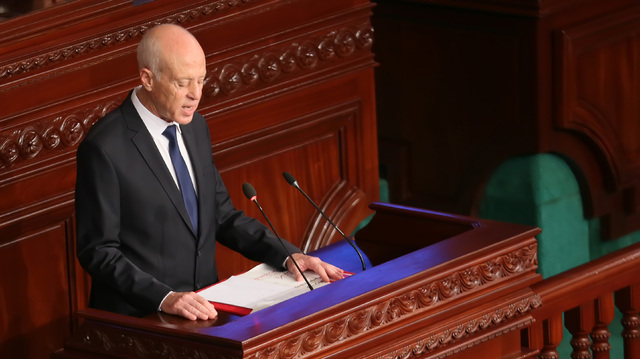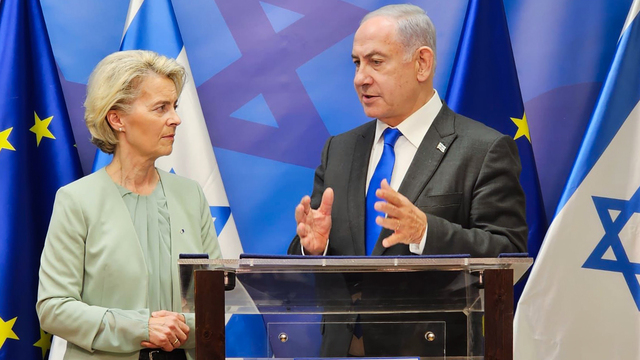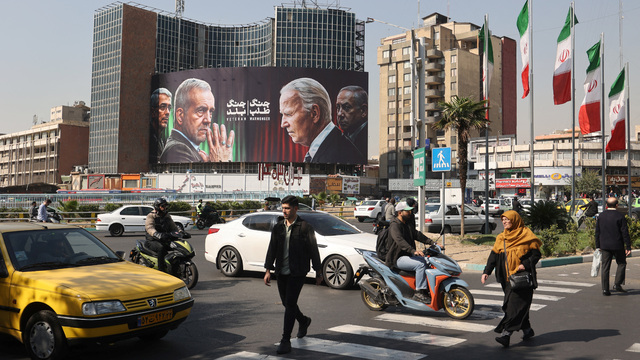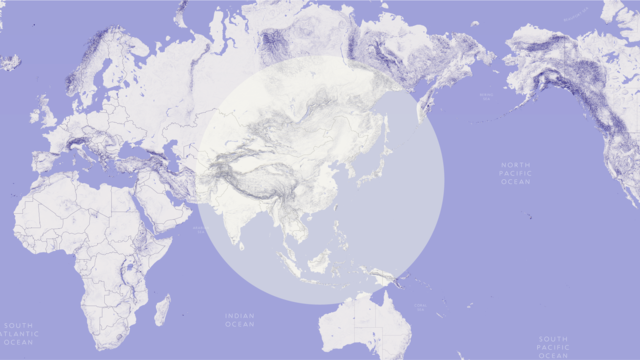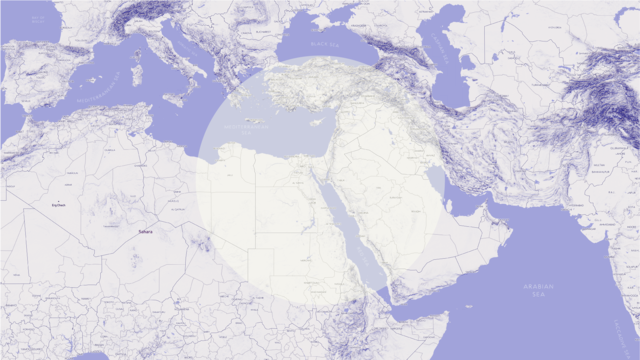Ensuring the Stability of Central Asia after the 2014 Withdrawal from Afghanistan
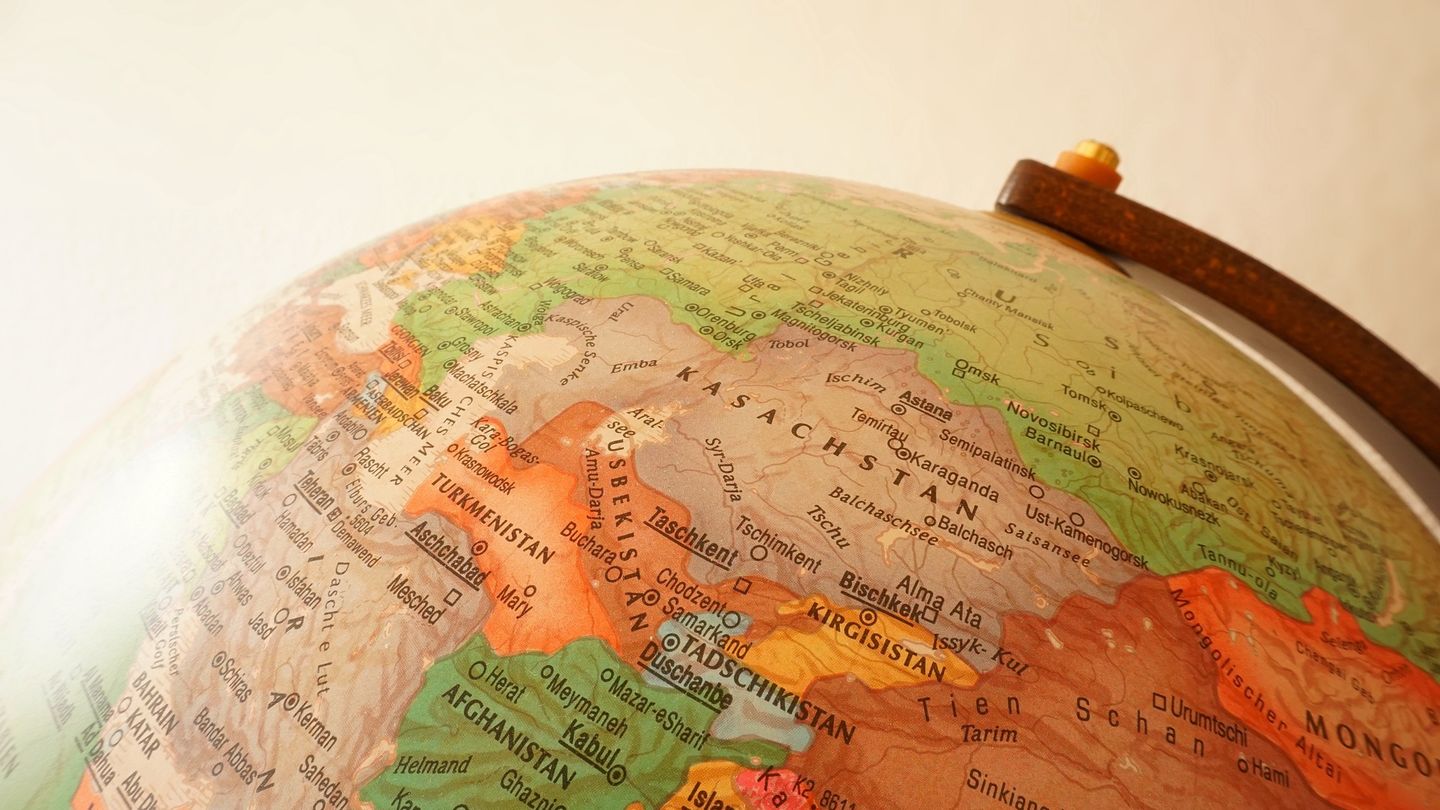
paper
The prospects of stability in Central Asia after the 2014 withdrawal will be influenced by the developments in Afghanistan. Yet the overall fragility of the states in the region necessitates taking preventive measures. The previous strategies of the terrorist groups in the region allow us to identify a few focal points of strategic importance which must be protected. To achieve this, it is necessary to use private military companies and return Russian border guards to Tajikistan. Also, the Collective Security Treaty Organization must prepare for possible massive security and refugee crises. The implementation of state social policies can be outsourced to NGOs, which shall refrain from any political activity.
Approaching the US and ISAF withdrawal from Afghanistan invokes concerns over the security situation in the neighbouring countries and particularly in Central Asia. There is much scepticism regarding the ability of the Afghan National Army and the central government in Kabul to ensure the security and integrity of the state. Their failure in this respect can create a breeding ground for Islamic extremists and terrorists, some of whom have Central Asian origins and might try to return back home. This would exacerbate the security situation in these states, some of which (particularly Tajikistan and Kyrgyzstan) are balancing on the edge of state failure. This text will outline the security situation in the region and the danger of the status quo approach. This will be followed by a discussion of the strategic locations in the region, which are objects of the terrorists’ interest. Finally, at the end of the text, a few recommendations for containing the instability are provided.

